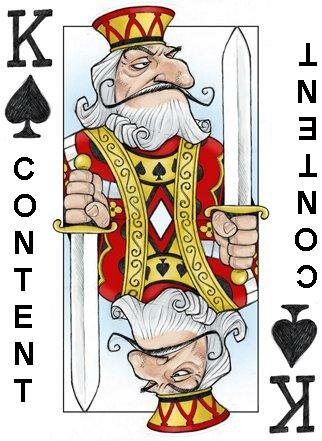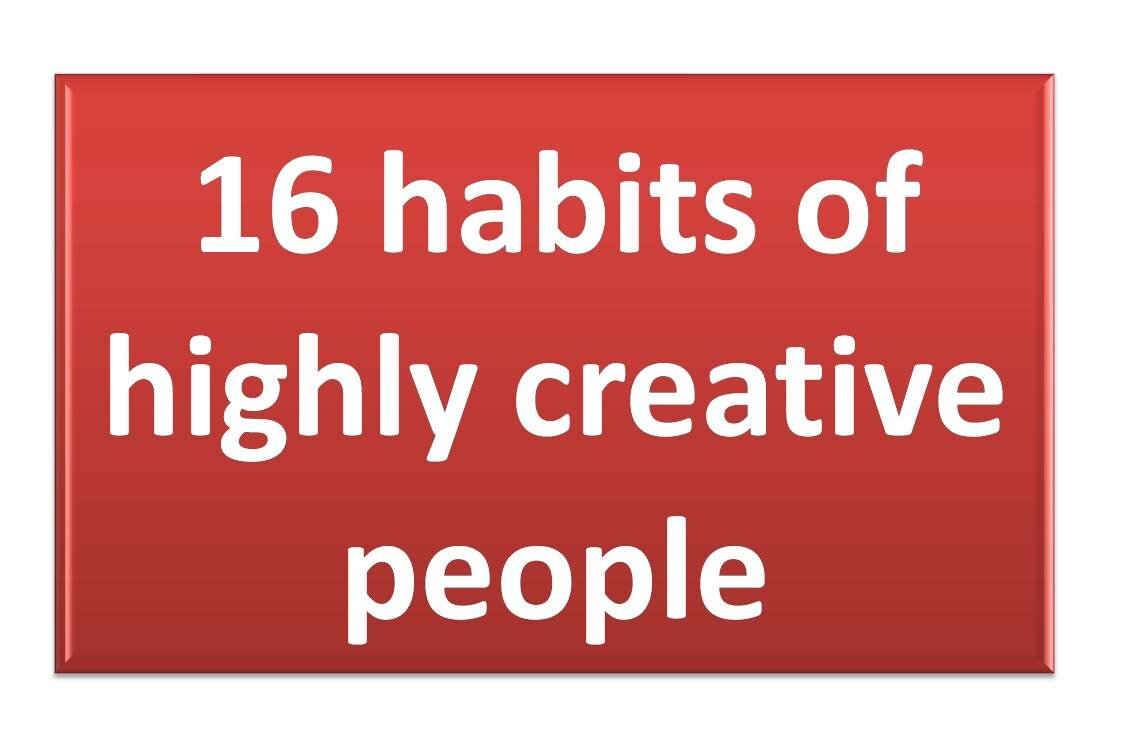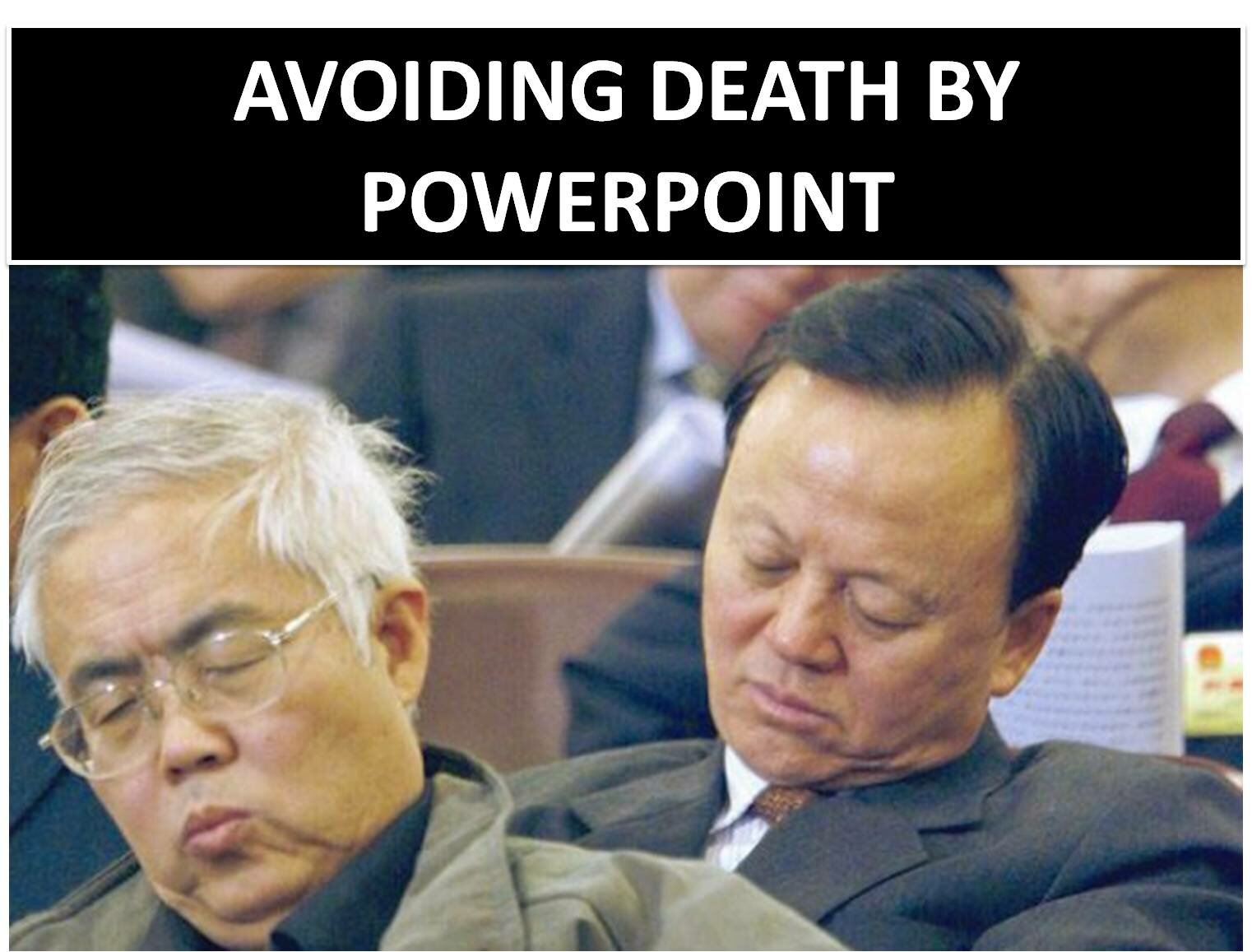Instant Love And Disposable Relationships
|
|||||||||
Rajesh V | Jan 17, 2010

There is a two-advertisement series which is now being aired for a leading brand of watches. The two commercials each end differently, supposedly to address the respective male and female target consumers. Both versions showcase a scenario of two people becoming intimate and then what happens thereafter. While there is a twist in the tale, the larger part of the ads is common to both, and shows the hands of a man and a woman with a voice-over, which is supposed to be the thoughts in the minds of the man/ woman – depending on which version is being aired.
The male version ends with the male voice-over saying how the woman started to get too close and it was time to move on. The female version ends with the female voice-over claiming that the best way for her to move on is to start getting closer and closer to the man until he gets so claustrophobic that he flees. When he runs out, the girl closes the door, cries, “Whoopee!” She then takes off the man’s shirt and throws it into a bin, which has the Move On logo branded on it.
Essentially, these ads are supposed to showcase two sides of a same situation and how each one wanted to move on from a relationship and how they both think they have managed it. In fact, I would not even call it a relationship as it is portrayed more like a brief fling! Obviously it does reflect the shifting goal posts of the younger generation with regard to relationships and physical intimacy. The brand seems to be leveraging the orientation of the current generation. But, is it also endorsing and maybe even reinforcing such a value system?
This seems to be in line with the current trend of ‘instant everything.’ Which means one does not delve deeper and is content with grazing at the edges. Can relationships also be managed in a similar way? One gets into a relationship without adequate thought, enjoy the fun times and then, move on?
If everyone wanted to move on after the fun and games, who would be around for each other in moments of agony and pain? Is that why so many youngsters were lost and depressed in the downturn? And many even contemplated taking their lives?
The flip side to this argument is the conditioning of the older generations which prepared them to stand by each other through thick and thin. Many times this led to enduring an unfulfilling or dead relationship but they contemplated the bigger picture of family preservation and companionship in the long run. In today’s context of intense competition and high stress lives, is it really better to cultivate the ‘move on’ orientation with regard to relationships?
Most importantly, move on to what and where? The old adages of the grass being greener on the other side and a bird in hand being worth more than two in the bush, are still relevant, even today. It would be great if people were to contemplate the emotional and spiritual repercussions of disposable relationships and shallow commitments. Maybe such introspection might motivate them to start developing deeper and more meaningful relationships instead of moving on, all the while. After all, as another popular saying goes, a rolling stone gathers no moss!
Filed Under: Miscellaneous
|
|||||||||



















Interesting read…we are going through revolutionary times.Right now we have power to change rules by which we live…in the wrods of Shri Shri Ravi Shanker we can choose to deepen our roots and broaden our horizons…this generation is going to play an impt role in shaping up morlities India will live by in this century.
This is an important discussion in a world of disposables and instant feedback.
Have you noticed very few people under 45 wear watches? Maybe the watch company has something to learn about relevance.
Sure, younger folk can pause to think and learn a few things from the grey haired, but maybe we shouldn’t be making rules for others, least of all, for the younger generation. The way society has been organized has changed so much from the days of nomadic tribes (in just a few thousand years)and no one form can suit people with different abilities, energies and motivations. The question that needs to be answered is “do people have control over their own lives, without being manipulated and with adequate economic and social fall back options?”.